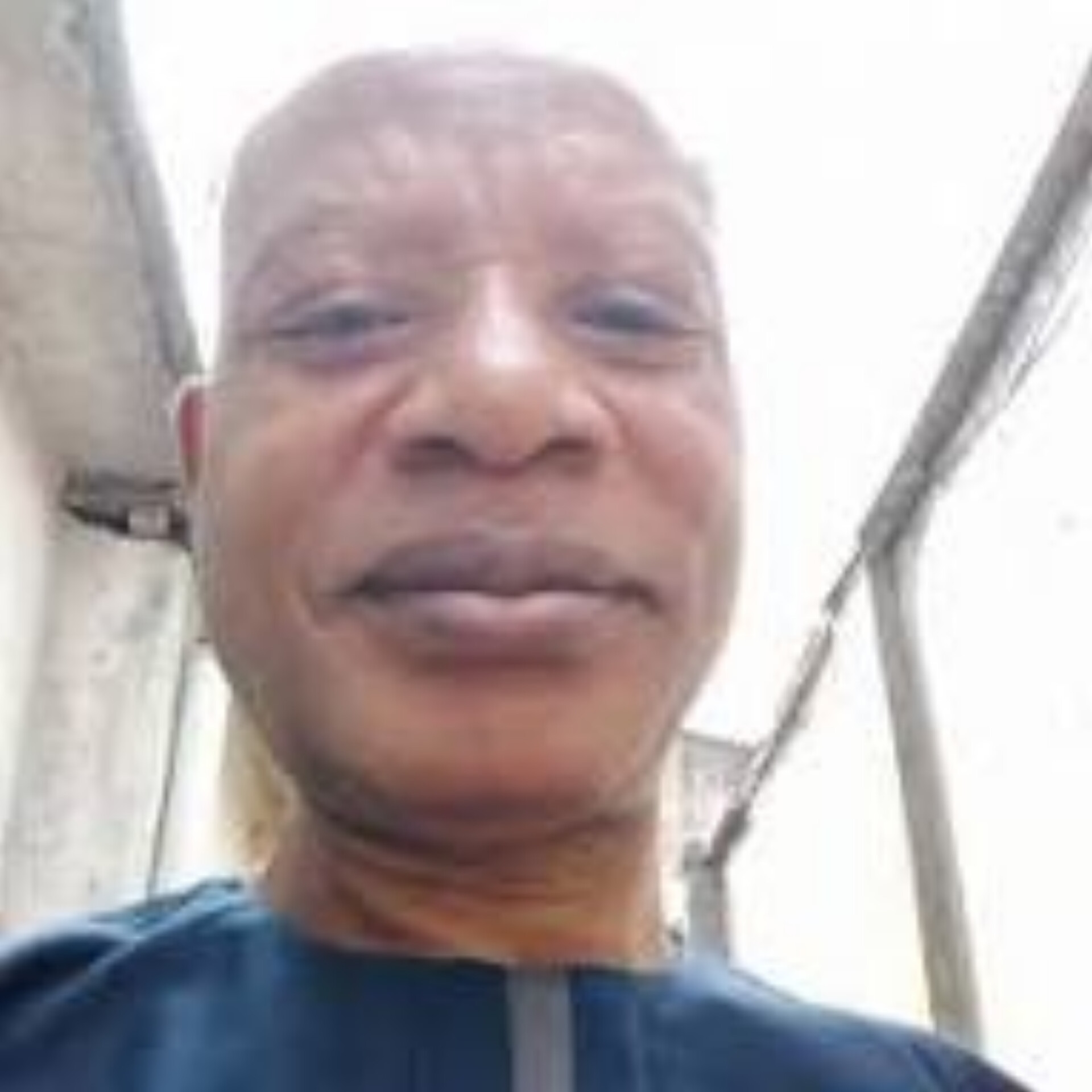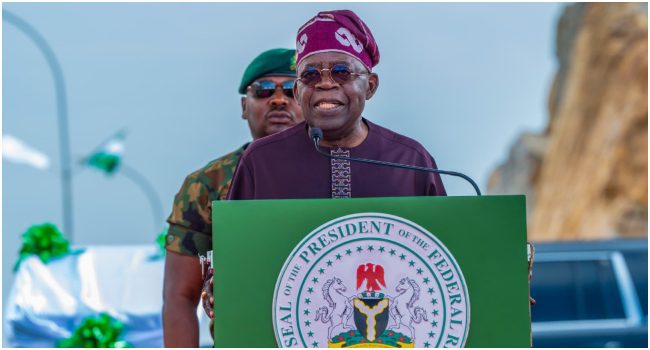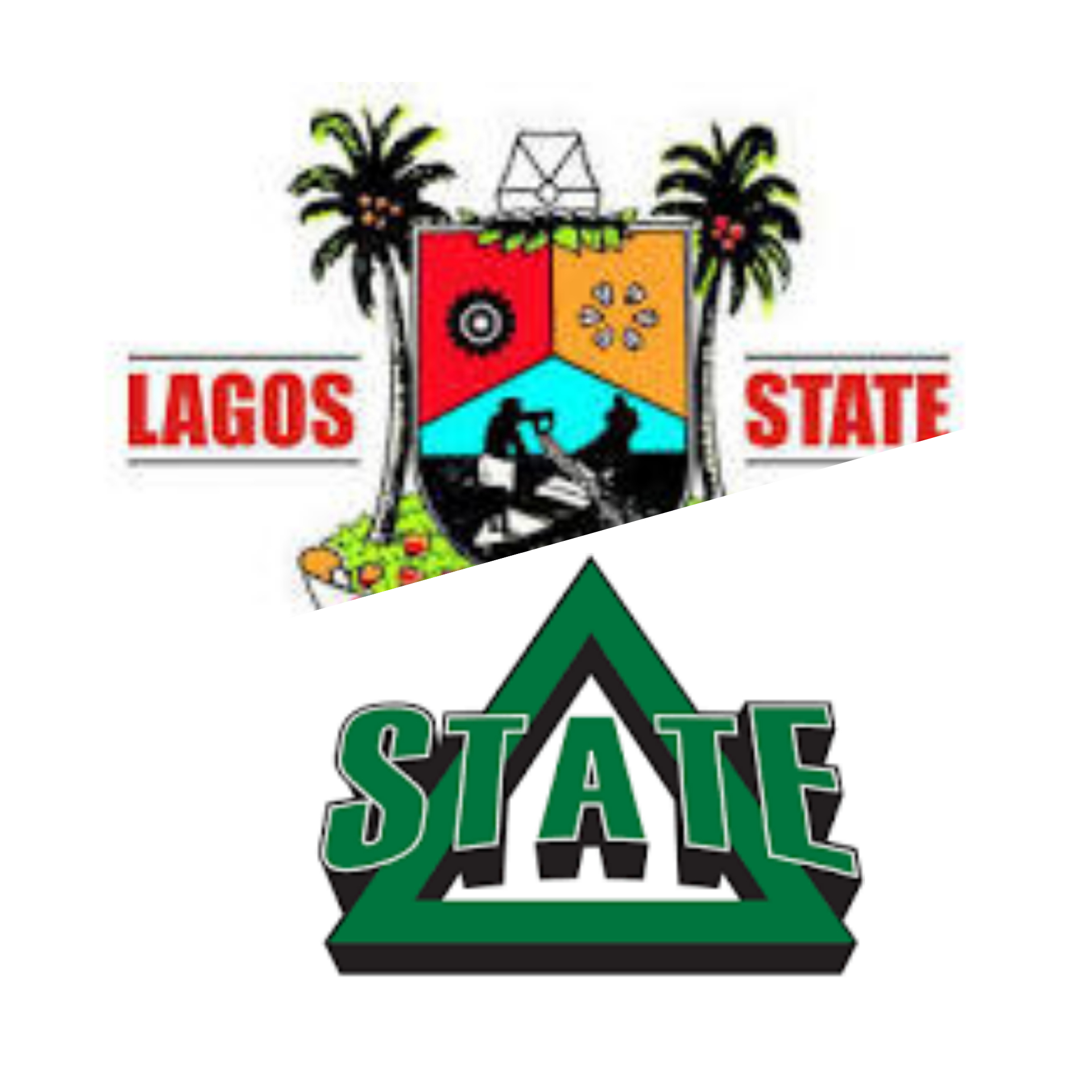By Ehichioya Ezomon
Rounding off the fifth installment of this series on Monday, June 3, I stated that, “barring any ‘political earthquake’ this week (last week) in the Rivers crisis, the remaining measures Fubara could deploy to arrest Wike’s alleged hegemonic hold on Rivers State will be interrogated in the next installment of the running header!” Two of the strategies were examined on May 27 and one on June 3, accordingly.
There wasn’t any cataclysmic occurrence, even as Governor Siminalayi Fubara hasn’t removed his leg from pressing the neck of his former political benefactor and Minister of the Federal Capital Territory (FCT), Nyesom Wike.
Fubara’s doubled down on his rhetoric to undermine and undercut Chief Wike’s grip on Rivers’ political structure – all geared towards bringing him to account, via a probe, for his alleged financial impropriety as Rivers governor (2015-2023).
Feeding the news appetite of a delegation of media outfits and bodies based in and outside Rivers State, led by President of the Nigerian Guild of Editors (NGE), Mr Eze Anaba, who visited the governor on Sunday, June 2, 2024, Fubara leveled grave allegations against “desperate enemies of the state” who had “thrown everything in an attempt to frustrate my administration from functioning effectively,” as first reported by Vanguard on June 3.
Stating that opposition elements “have exhibited spirited efforts” to sabotage his government’s determination to “deliver good governance and quality services to the people,” Fubara listed other things his “detractors” had done in trying to undermine his one-year administration. They include:
Clandestine calls to some key speakers and prominent personalities invited to the recent Rivers Economic and Investment Summit, not to associate with his administration, or participate in the programme.
Efforts to derail the revival and completion of the Port Harcourt International Automobile Spare Parts Trading and Commercial Centre at Iriebe in Elelenwo, Obio/Akpor local government area, by cajoling the previous contractors to sue the State Government.
Investors face litigation by land grabbers sponsored by opposition elements targeting to scuttle the government’s construction of 20,000 housing units in Mgbodo-Aluu axis of the Greater Port Harcourt City Development area in Ikwerre local council.
But undaunted, Fubara stressses he would want to be remembered “not just by the signature road projects of building legacy bridges and flyovers (an apparent reference to Wike’s accomplishments that’ve earned him the alias, ‘Mister Project’), but by sustainable impact on human capital and manpower development and other critical infrastructure to bridge the healthcare and education gaps in the state.”
The same Sunday, June 2, Fubara’s in church for thanksgiving, to conclude the activities marking his first anniversary in office. As such a solemn occasion demands, the governor said: “I will not give this day to anybody, I will not talk about anybody, I will only say, ‘God Almighty, thank You.'”
But like the leopard that can’t change its spots, Fubara soon went down the familiar path, and told the congregation, “Some two months ago, nobody would have believed that we will be seated here to say, ‘God, thank You that we are able to navigate this troubled water to this point.'”
Fubara said the plans of the opposition were orchestrated to frustrate his administration up to the moment the first anniversary was being planned, adding, “You won’t understand. I can tell you in good authority that even before we started this programme, there was every plan to frustrate us.”
Then he declared: “What the devil thought was evil, God turned it to blessing and good. To the glory of God, we are all gathered here to say, ‘God, thank You, that You have carried us and led us to this point.’ Now, if we have God by our side, do we have any problem? I want to thank everyone of you that are (is) here to support us.”
The Rivers “problem” is like the unending story of the tortoise, and has defied the dictum, “There’s end to litigation,” hence cases terminate at the Supreme Court. But in Rivers, there’s no limit to or terminal date for political crisis when those in the saddle have acquired the power of life and death, and ready to deploy it at the slightest provocation.
Though Wike looks unreachable, and untouchable in faraway Abuja – and audaciously comes into Rivers at anytime of his choosing – Fubara could adopt the Governor Godwin Obaseki strategy (of “barring” former Governor Adams Oshiomhole from coming to Edo State without his express permission), and proclaim Wike “persona non grata,” and/or direct him to get his (Fubara’s) “permit” to visit any part of Rivers.
Besides, Fubara – like some past Rivers governors – could make Wike’s visits and stay in Rivers miserable that he’d decide to “permanently” stay out until the expiration of the governor’s four-year term in 2027 or eight-year tenure in 2031.
Chibuike Rotimi Amaechi allegedly frightened, out of Port Harcourt, his “ex-master,” former Governor Peter Odili (1999-2007), whom he’d served as a personal assistant (PA). Having moved from the post of House of Assembly Speaker to Rivers’ Governor – and finding himself “in power and in government,” to use a liner by self-styled retired Military President Ibrahim Badamasi Babangida (IBB) – Amaechi hounded Odili, who “escaped” to Abuja until Amaechi finished his eight-year tenure (2007-2015).
Ditto for Wike, who – even as Minister of State for Education under President Goodluck Jonathan (2010-2015) – regularly deployed “federal might” to make Rivers ungovernable for Amaechi. On occasions, Wike would cordon off the entrance to the Government House, Port Harcourt, with security operatives, and armoured personnel carriers (APCs), to prevent Amaechi from going out of or coming into the premises. Thus, Amaechi, lucky to still have his head in place, tactically “japaed” from Rivers until the end of Wike’s tenure (2015-2023).
It’s Fubara’s turn – or choice – to visit retribution on Wike, who’s already feeling the heat as Fubara slowly but steadily turns the screw. Yet, Wike should be grateful to President Bola Tinubu for giving him a job in Abuja that keeps him away, at least for five days a week, from the metatarsising sequence of events in Rivers. By now, real anarchy would’ve taken over from the chaos in the state!
To go down low and personal in a “roforofo fight,” Fubara could revoke the certificate of occupancy (CoO) of Wike’s residence in Port Harcourt, and demolish the structure, as asked by supporters as his feud with Wike was taking shape by October 30, 2023, when there’s a fire incident in the Rivers Assembly, after moves by pro-Wike lawmakers to impeach Fubara.
And to go for the kill, Fubara could levy financial and material fraud against Wike – as Wike did against Amaechi – and set up a panel of inquiry to probe Wike’s government. Fubara’s started querying the financial health of the Wike administration, revealing lately a marked, upward difference between the internally-generated revenue under Wike and his one-year-old government.
But that would be insinuating “financial abracadabra” under the Wike government, for which Fubara, as the Accountant General, had the duty to ascertain inflow and outflow of income and expenditure, and ensure accountability in the system.
It’d also indicate that Fubara helped Wike to cook the books, thus confirming the charge by the Economic and Financial Crimes Commission (EFCC) that he dipped his hands in the Rivers till under Wike. Fubara’s denied complicity, claiming to have records that’d exonerate him. Still, his displays are a sideshow to score political points, as he won’t probe Wike; and if he did, it’d amount to probing himself as the “bag man” on Wike’s watch in Rivers.
Wike did more to Amaechi, probing his alleged theft of billions of state finances and materials, and founding him “guilty.” Based on the report, Wike issued a White Paper, and a Gazette, but his threats of a court action against Amaechi ended in “all sound and fury signifying nothing,” as he pigeonholed his vow till he left office in May 2023.
Thus, Fubara’s holler to probe Wike “na shakara,” thanks to the legendary afrobeat maestro Fela Anikulap-Kuti. Probing Wike is one thing, dragging him to court is another. Fubara should ask Wike, “How far with the Rotimi Amaechi probe?” That report/white paper/gazette gathers dust in the Rivers Government House. Why?
Because of a “perpetual injunction” that Dr Odili obtained in 2007, which prevents anti-graft agencies from looking into the Rivers Government books. And none of the state’s Accountant Generals, including Fubara, has had the gravitas to bring past and present governments to account.
The “Odili perpetual injunction” appears locked in a strongroom, and the keys thrown into the sea. As no court has successfully vacated it – despite the EFCC efforts to do so – the restraint has emboldened Rivers governors to play with the state’s resources.
After all, Rivers is a honeypot due to oil and gas money from internal sources, and hefty allocations from both the Federation Account and 13% derivation paid to oil producing states in the country.
So, the cycle of crisis in Rivers State is fueled by the tussle for power and money by incumbent governors, in attempts to block or sever the drainpipe connected to their predecessors. That may’ve incentivised Fubara’s battle with Wike in the Rivers uncharted political crisis!
Mr Ezomon, Journalist and Media Consultant, writes from Lagos, Nigeria





